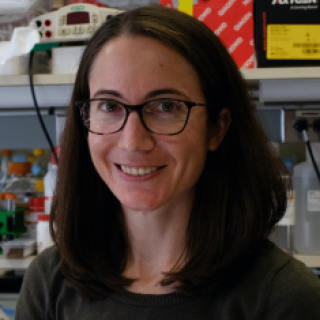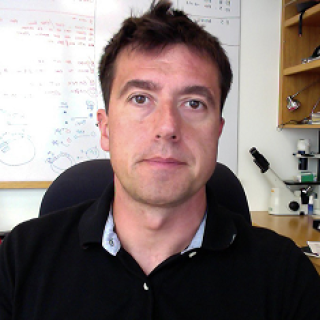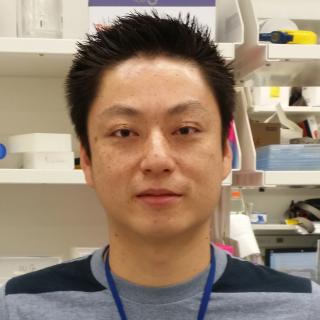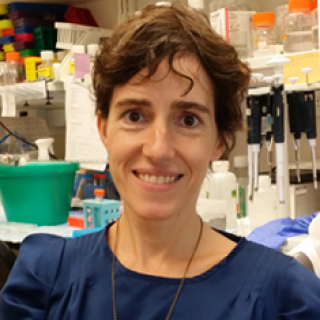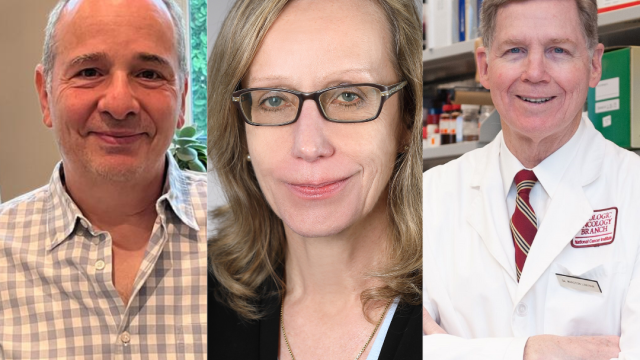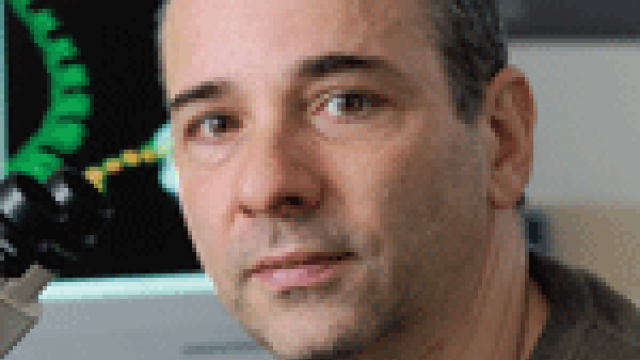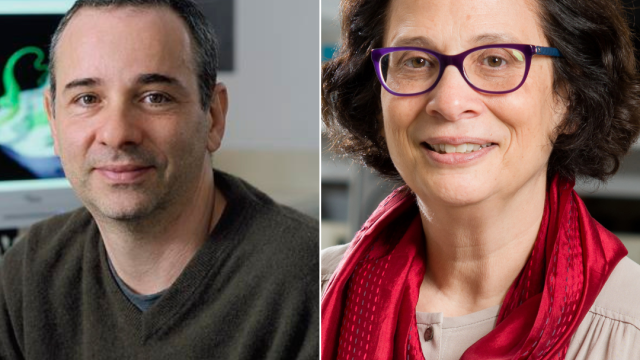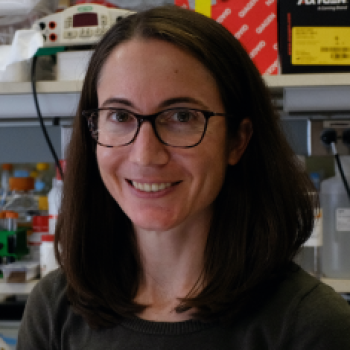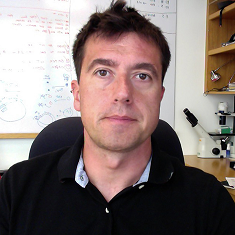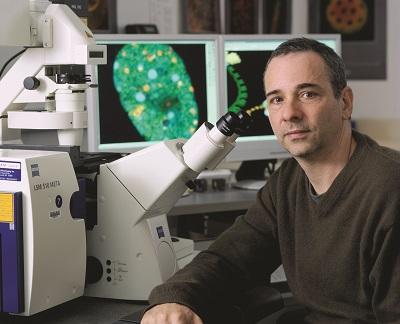Laboratory of Genome Integrity
Laboratory of Genome Integrity
About
The research program in the Laboratory of Genome Integrity is focused on the exploration of the causes and effects of genomic instability, mechanisms of DNA repair and the study of DNA repair breakdown as an initiating or protective event in aging and cancers. The program will emphasize a mechanistic understanding of the pathways that maintain genomic integrity, the intersection of these pathways with normal cellular physiology and cancer and the application of these insights to the development of new therapeutic strategies. The laboratory has made major contributions towards a detailed understanding of DNA repair pathway selection as a primary influence on genomic stability and drug resistance/sensitivity in breast and ovarian cancers and the influential role of DNA repair proteins in the promotion of specific hematological malignancies.
The Laboratory is also expanding its efforts in the areas of cellular identity and development by examining the differentiation of hematopoietic stem cells into early T-cell lineage progenitors. This new program will place particular importance towards a comprehensive understanding of the cellular signals that influence hematopoietic progenitor migration, the transcription factors that positively and negatively impact T-cell lineage selection and the contribution of deregulated normal developmental processes in T-cell aging and cancer. The Laboratory of Genome Integrity also manages a state-of-the-art flow cytometry core that houses four cell sorters, four cell analyzers and serves the scientific needs of over 200 scientists and 80 different principal investigators every year. This facility will continue to provide both routine as well as highly specialized sorting services to members of the CCR-NCI community.
Job Vacancies
| Position | Degree Required | Contact Name | Contact Email |
|---|---|---|---|
| Postdoctoral Fellow - Neuronal development and disorders, chromatin regulation | Ph.D. or equivalent | Lisa Boxer | lisa.boxer@nih.gov |
News
Cores
Flow Cytometry Core
The Flow Cytometry Core in Building 37, overseen by the Laboratory of Genome Integrity (LGI), is under the supervision of Ferenc Livak, M.D. Flow Core 37 supports the NCI-CCR scientific research community by providing training, instrumentation, and expertise to perform state-of-the art flow cytometry analysis and cell sorting. Currently, the laboratory houses:
- 5 cell analyzers: FACSCanto (8-color), LSRII Fortessa SORP 1 (18-color), LSRII Fortessa SORP 2 (18-color) FACSymphony A5 (25-color), Sony ID700 spectral analyzer (30-color)
- 1 imaging flow analyzer: Amnis ImageStream MarkII (2-camera/10-color)
- 4 cell sorters: BD FACS Aria IIu (10-color), FACSAria IIu (11-color), BD FACSAria Fusion (18-color), Sony MA900 (9-color)
The analytical instruments are available to trained users on a 24/7 basis. Cell sorting is mostly performed by staff.
These instruments provide reliable and consistent service to investigators from over 35 NCI laboratories and branches (>80 principal investigators, 200 other investigators).
For information on accessing the LGI Flow Cytometry Core, please visit the LGI Flow Cytometry Core website.
Seminars
Laboratory of Genome Integrity Seminar Series
This series is sponsored by the Principal Investigators of the Laboratory of Genome Integrity (LGI). Unless otherwise stated, all seminars will be held at 11:30AM in the 4th floor conference room of Building 37 on the Bethesda NIH Campus. For more information, please contact Sam John at sam.john@nih.gov
Visit our archives to learn more about past seminars
Upcoming Seminars: 2025
TBA

